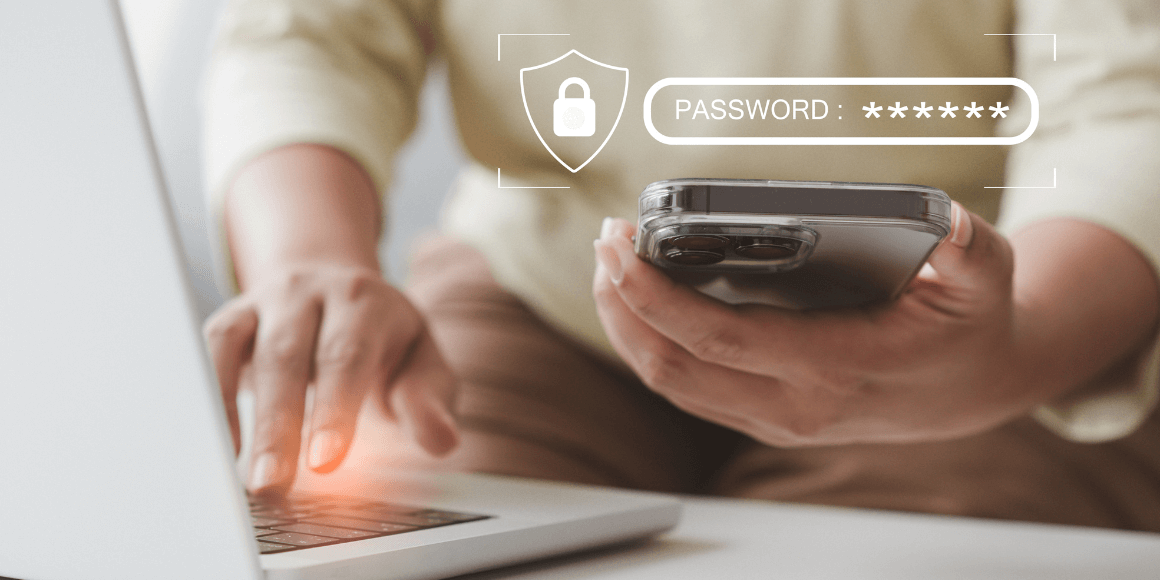- 7 17 Staff
Quick Tips to Enhance Your Password Security

7 17 Credit Union is committed to providing our members with the safest online and mobile banking experience that we can by implementing the most sophisticated security technology. But we can’t do it alone. We want you, our members, to be aware of the measures you can take to safeguard your information. While we’ve compiled a list of best practices and safety tips – they can be found at www.717cu.com/bestpractices – it’s important to stress the role passwords play in keeping your personal information safe.
Tips to make your passwords more secure
Think of passwords as a digital lock to the information you use online. But just like a physical lock, they can be bypassed and your information breached. That’s why taking precautions to make your passwords harder to breach are so important.
It’s important to make sure your passwords are complicated. You don’t want to use personal information that could be easily guessed. That means street names and numbers, cities and states, and birth or anniversary dates are among a long list of personal information that should be avoided when creating a password. Try using random letters, symbols, numbers, or words from other languages, and mix them together to be more complex. Choosing randomly means avoiding any sort of pattern, such as using numbers or letters in a sequence, such as 1234 or ABCDE. It is also a good idea to always use a mix of upper case and lower case letters.
It's also important to note that longer passwords are harder to hack. Make an effort to make your passwords lengthy and use sentences, quotes, phrases, and then mix in numbers and symbols.
Regularly changing your passwords is also essential to protecting your personal information. Unless prompted by a website or email, most people keep using the same passwords for months or even years. It’s recommended that you change your password every three months, and be sure not to recycle passwords. To help you remember your passwords, consider using a password manager. A password manager is software that stores, generates and manages passwords. Usually it is a browser extension—an add-on piece of software that installs and integrates into your browser—but there are password managers that are also separate programs. Some password managers are completely free, and some software companies offer both free and paid versions of their manager that may differ in features.
Be cautious about using a social media or email account that allows you to log in to other websites. In their efforts to offer as many services as possible, social media or email accounts may offer to log you into other websites. This is a problem because if the social media or email service is hacked, then all your websites connected to them become vulnerable and could be compromised.
Check if you can get password help from your browser. While some of our passwords may have stayed simple, internet browsers have gotten more sophisticated and much better at helping us with passwords. A feature with some of the latest browsers is that they can generate, remember, encrypt, retrieve and fill in passwords with just a few mouse clicks.
*As a reminder, 7 17 will NEVER contact members to request sensitive, personal information, such as account numbers, NetWorth24 Online Banking credentials or PIN numbers.